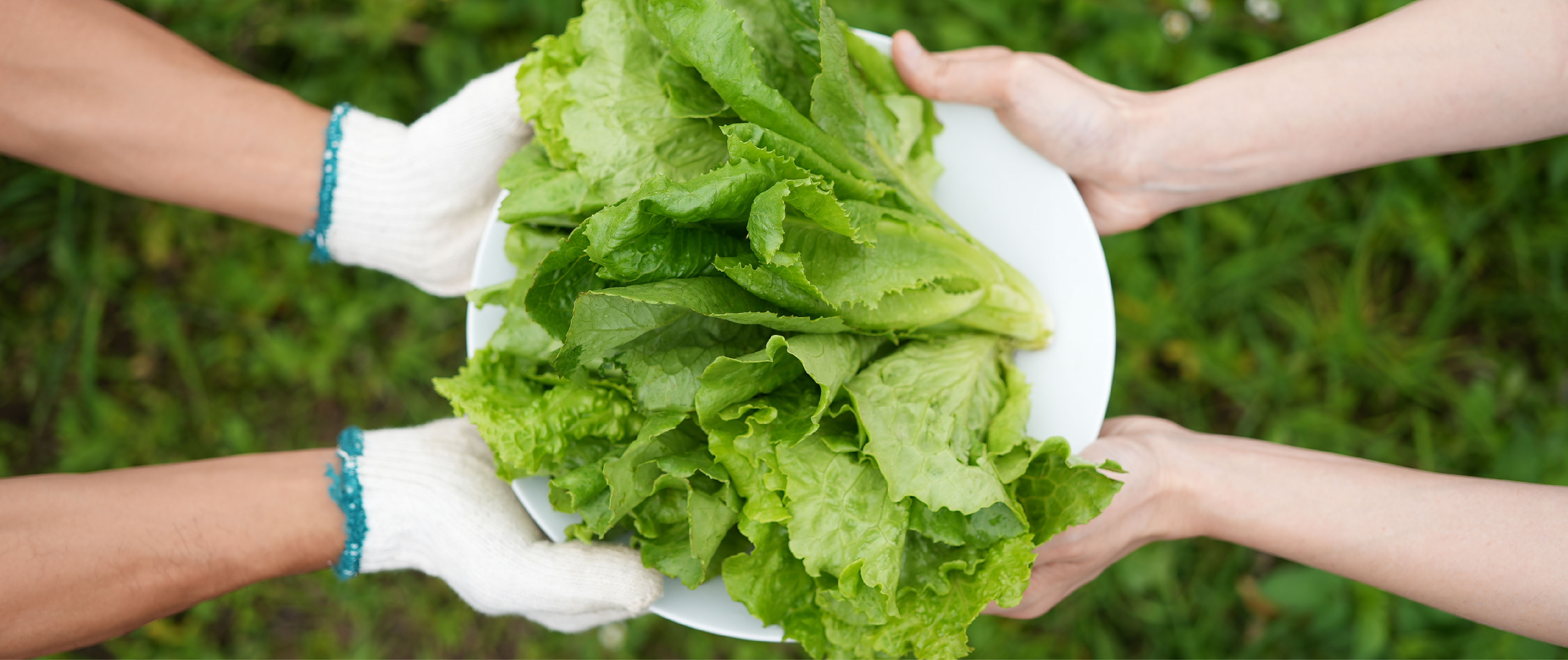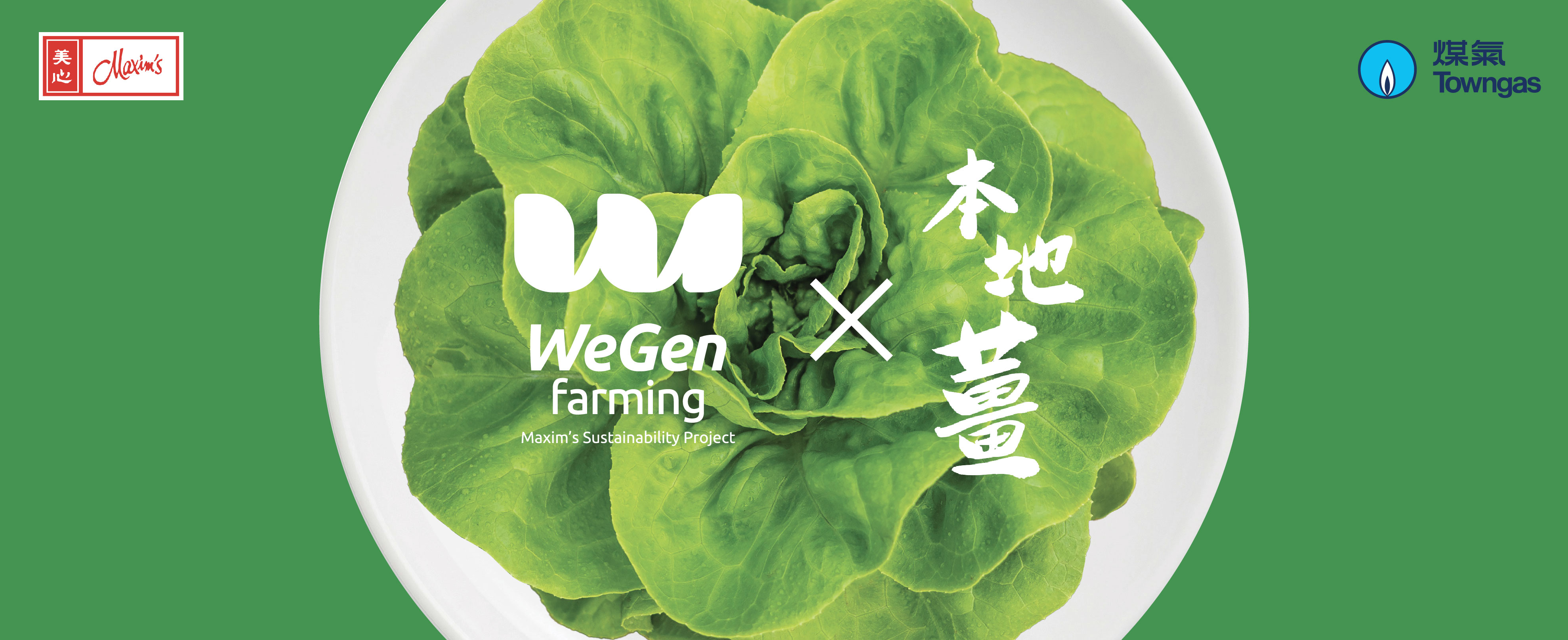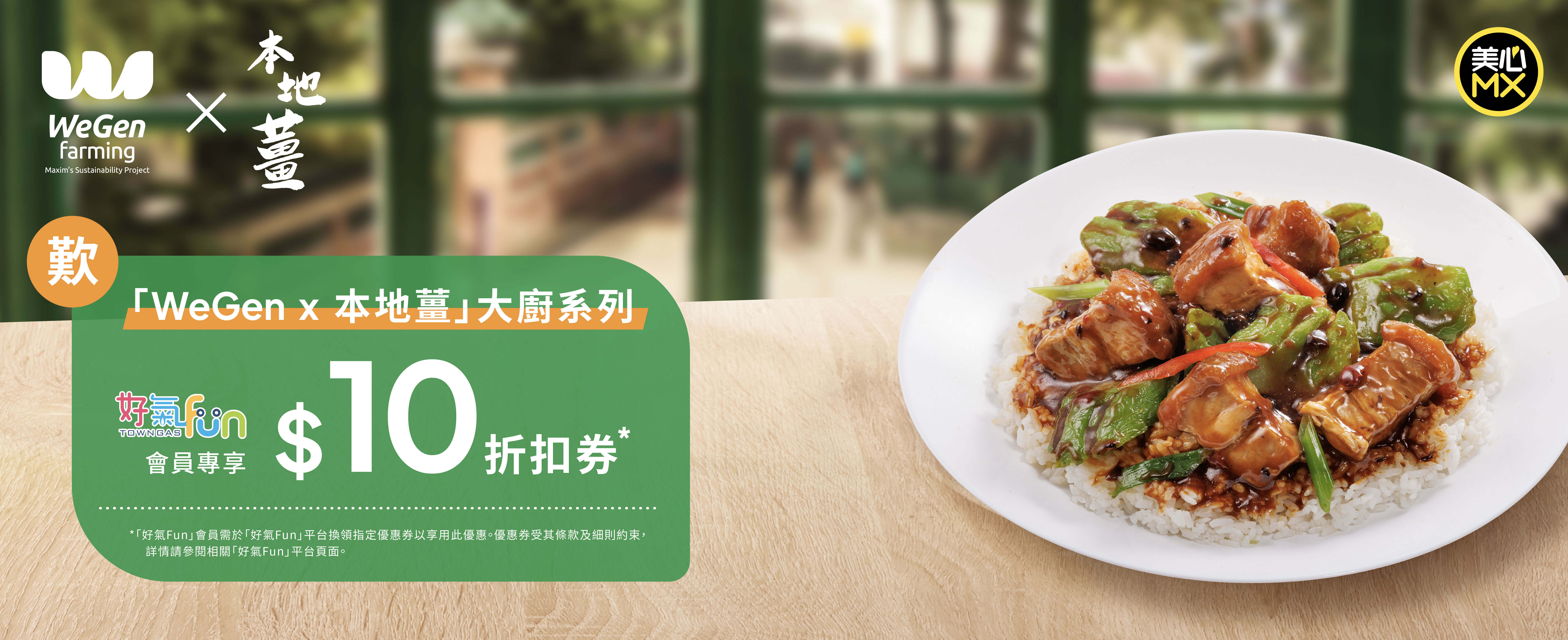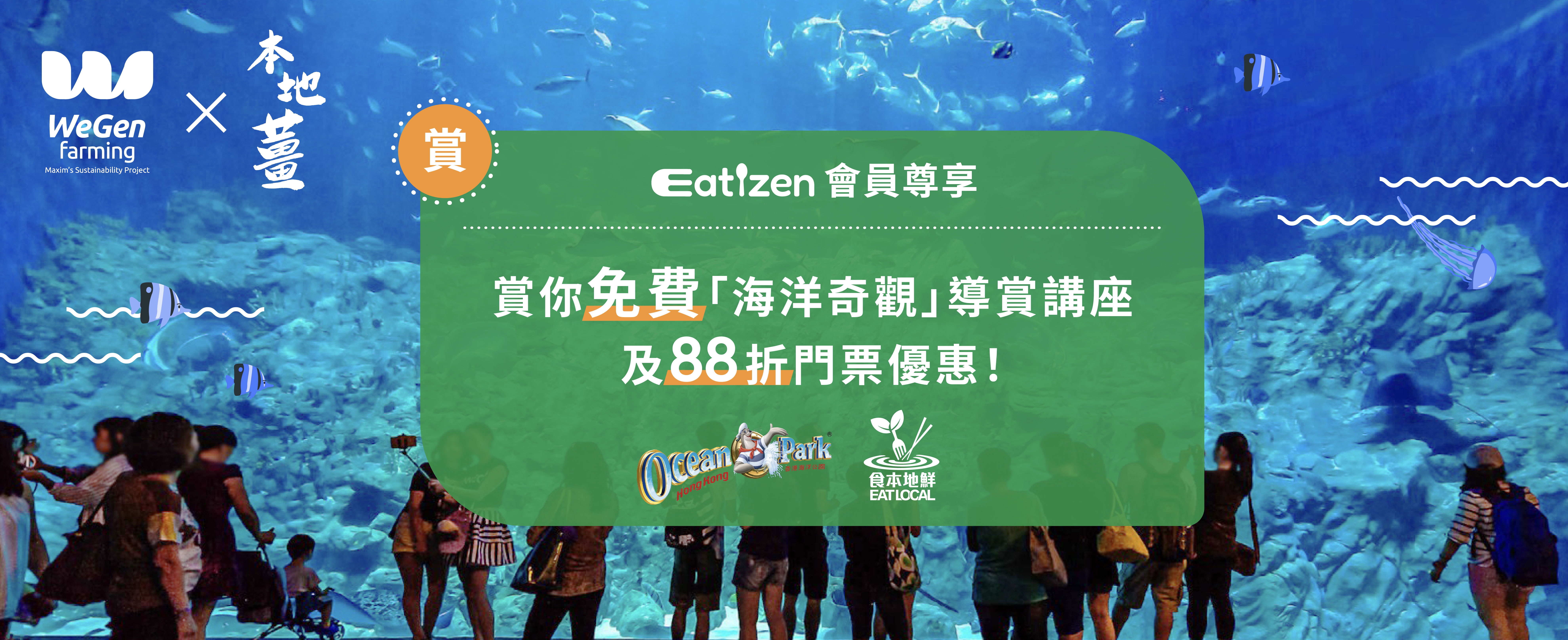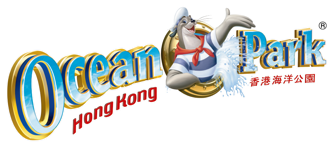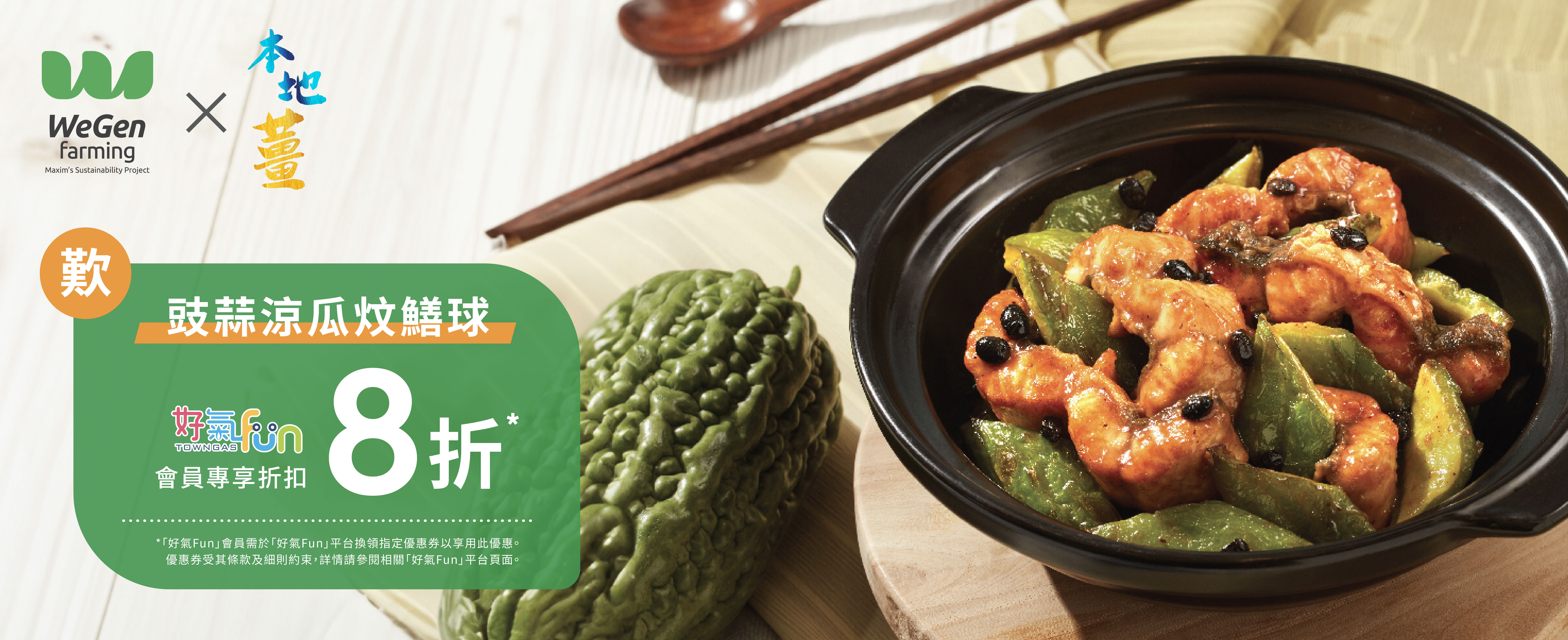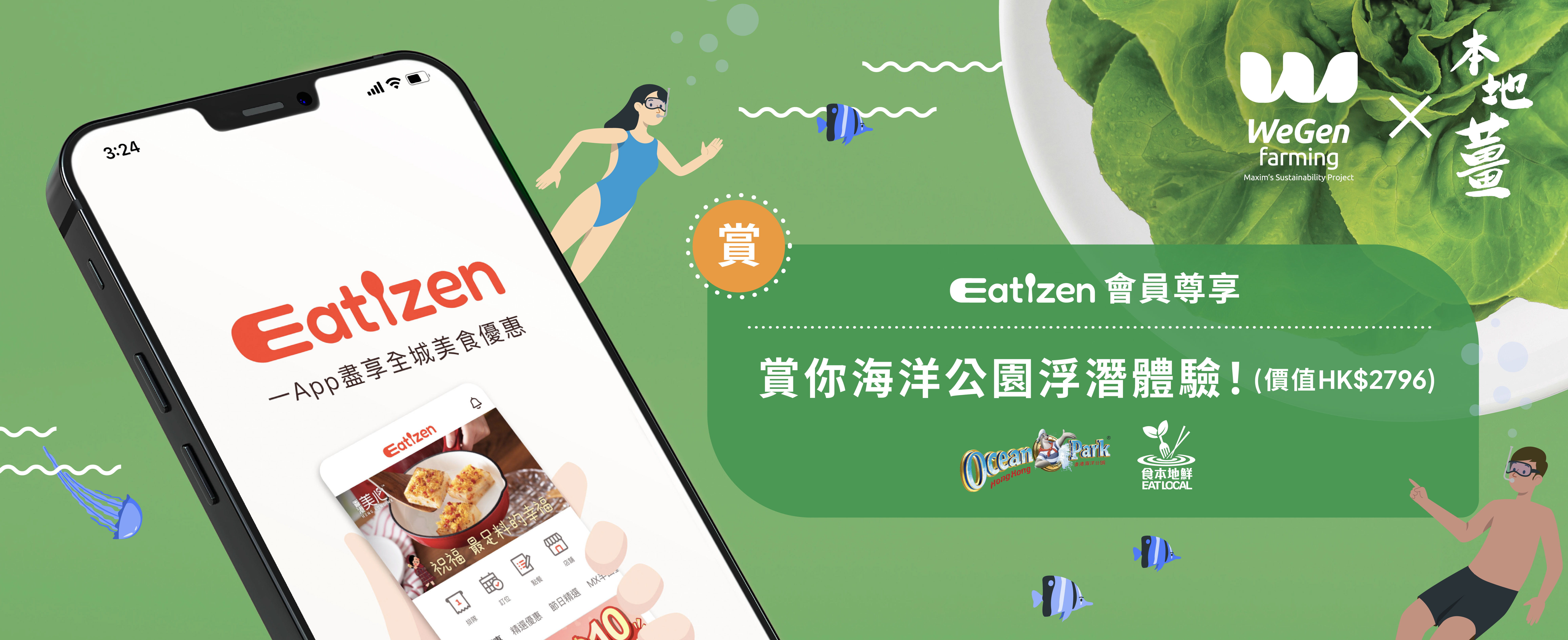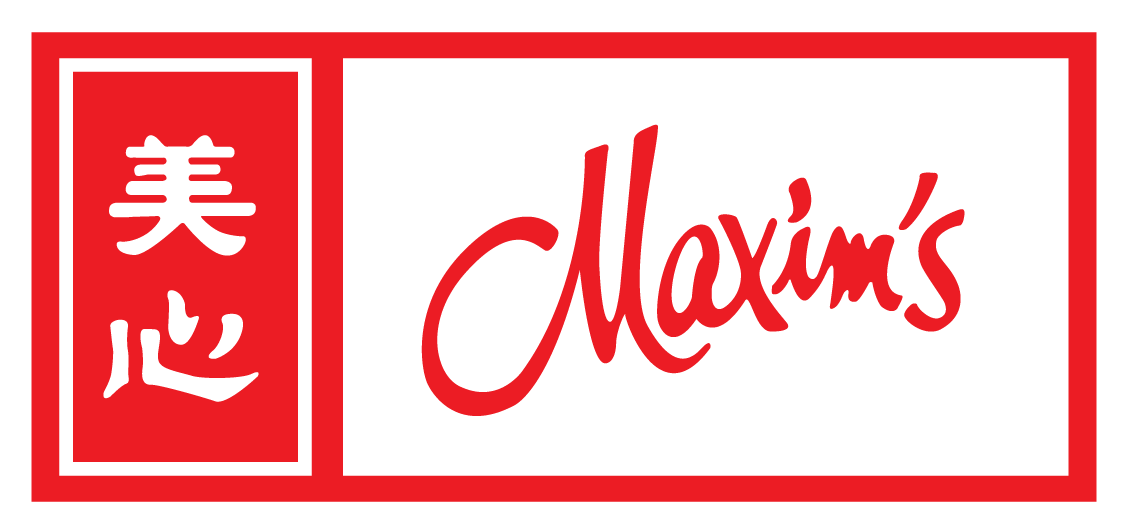“Grow Local and Eat Local” is an important principle in sustainable development. Restaurants of Maxim’s Group strive to close the gap between farm and table by paying for fertilizer and sourcing local produce.
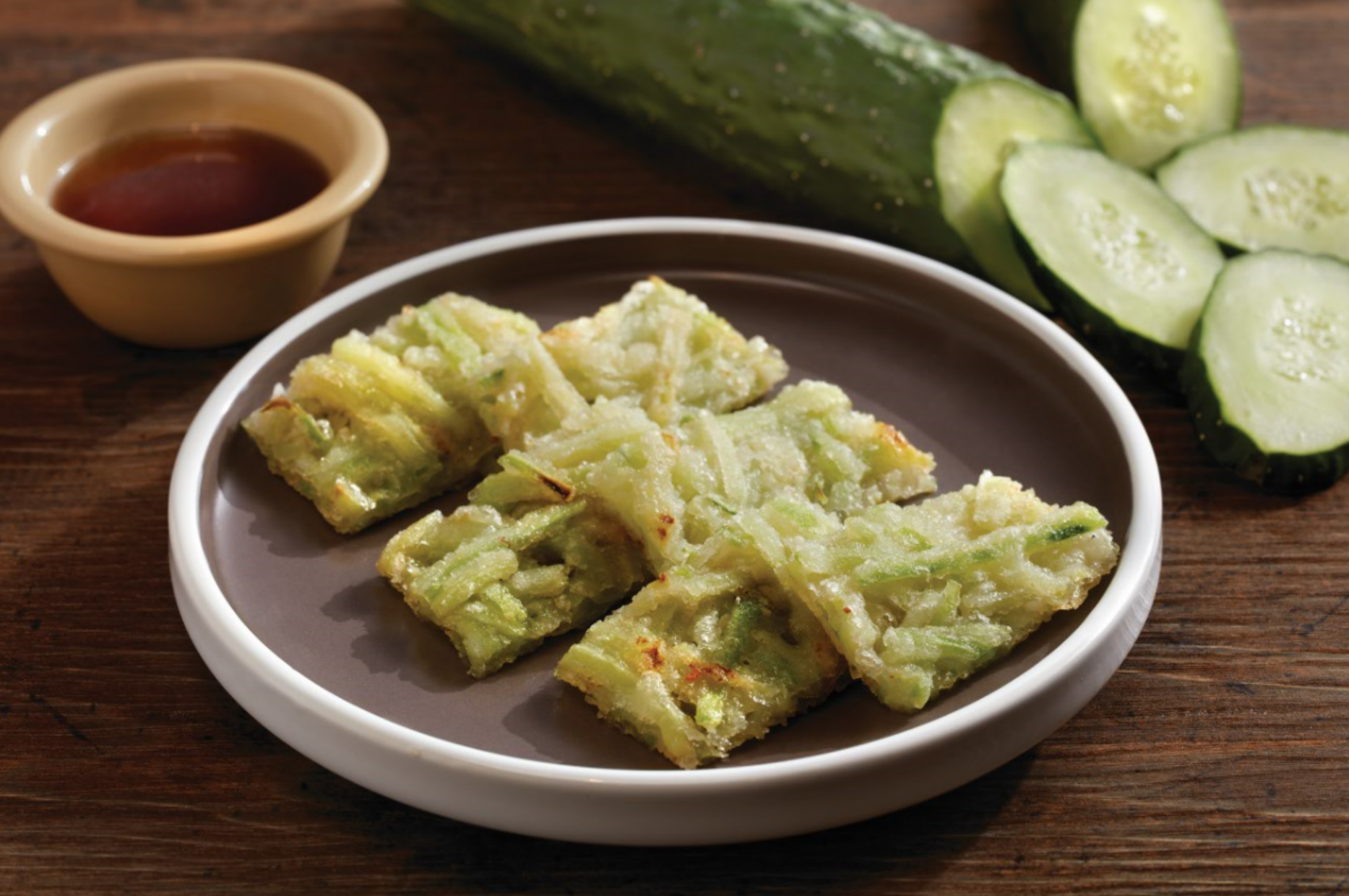
Maxim’s Group collaborates with the Vegetable Marketing Organization (VMO) and Federation of Vegetable Marketing Co-operative Societies Ltd. (FVMCS) to support local agriculture by sponsoring farmers in getting fertilizer and buying their produce. In 2022, the Group purchased over 5.3 tons of locally grown organic and hydroponic vegetables.
Given the vicinity of the market and shorter processing time, local vegetables are fresher and more climate-friendly. “Chefs all agree that local vegetables are crunchier and tastier. They are definitely better than imported ones, be it in terms of freshness or nutritional content,” said Sharon Wong, Research and Development Manager of the Japanese Chain Restaurants (JCR).
Maxim’s Chinese Cuisine uses part of its profit to sponsor farmers. In 2022, the department bought nearly 12 tons of organic fertilizer and 100 liters of organic liquid fertilizer for local farms as a way to contribute to the industry.
Only by securing local farmers’ income sources can we attract the next generation to join the industry, furthering the sustainable development of local agriculture.
According to Kenneth Law, Marketing Manager I at VMO, the collaboration between Maxim’s Group and local farmers is unprecedented. “Not only is Maxim’s Chinese Cuisine providing fertilizer to 26 FVMCS vegetable cooperatives and local farmers (including those selling at the Tai Po and Lam Tai Farmers’ Markets), but their Chinese chefs also visit local farms to select the freshest in-season ingredients for a series of special menus, allowing the public to ‘Eat Local’ and take part in the endeavor as an important stakeholder.”
A healthy diet calls for a wide array of organic produce that is in season. The spirit of seasonal eating is reflected in the menu design at various Maxim’s outlets. Japanese restaurants often use products such as organic corn, mushrooms, and hydroponic greenhouse cucumbers, while Chinese restaurants cook with local organic aubergines, white bitter melons, peanut sprouts, cucumbers, and sweet potato greens.
Although Hong Kong doesn’t have a lot of arable lands, its climate is suitable for farming year-round, so there’s always something in the season. “In summer we have water spinach, Chinese red spinach, hairy gourd, winter melon, aubergine, green bean, and sweet potato greens; in autumn, choy sum, watercress, head lettuce, Italian lettuce, tomato, and corn are in season,” said Kenneth.
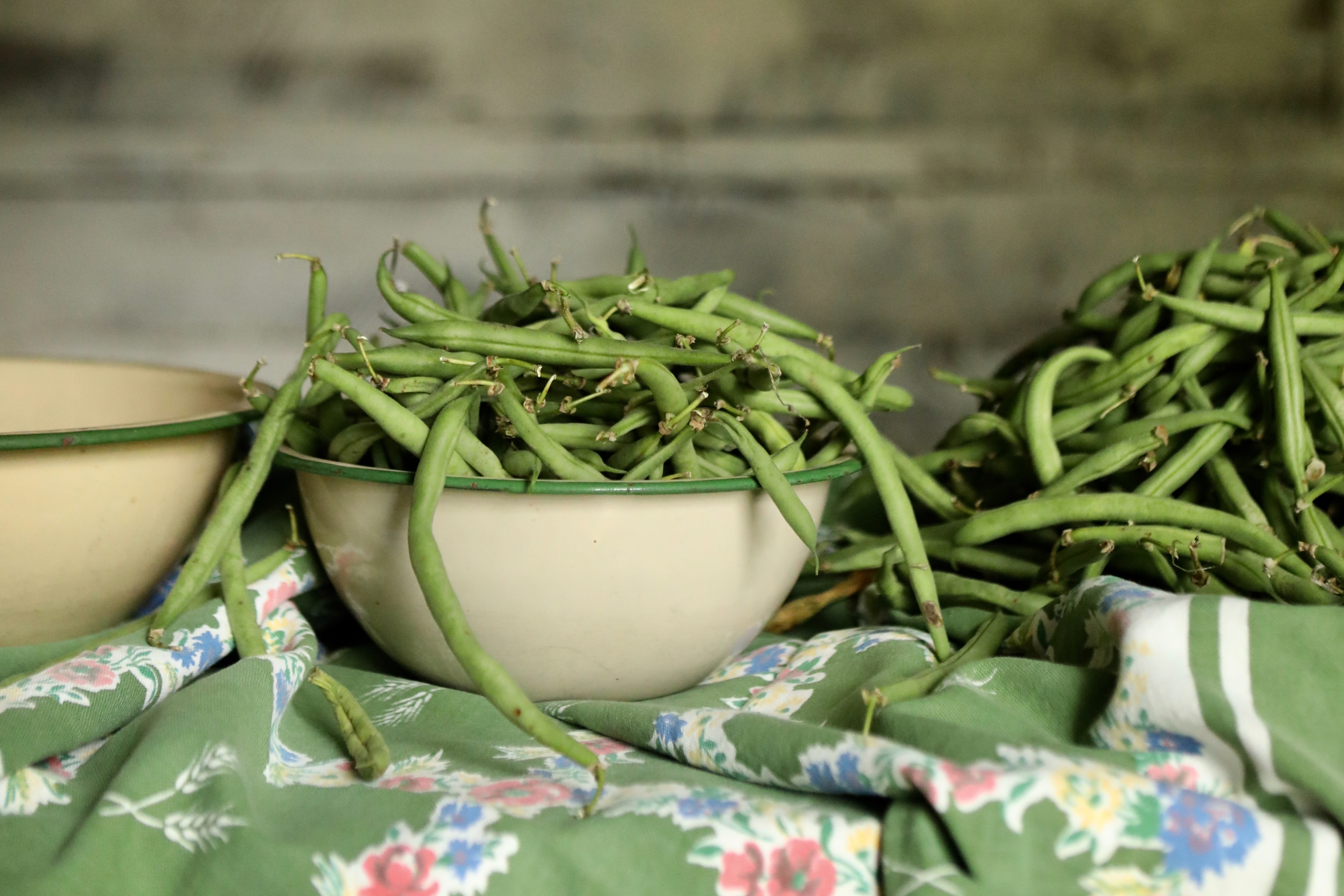

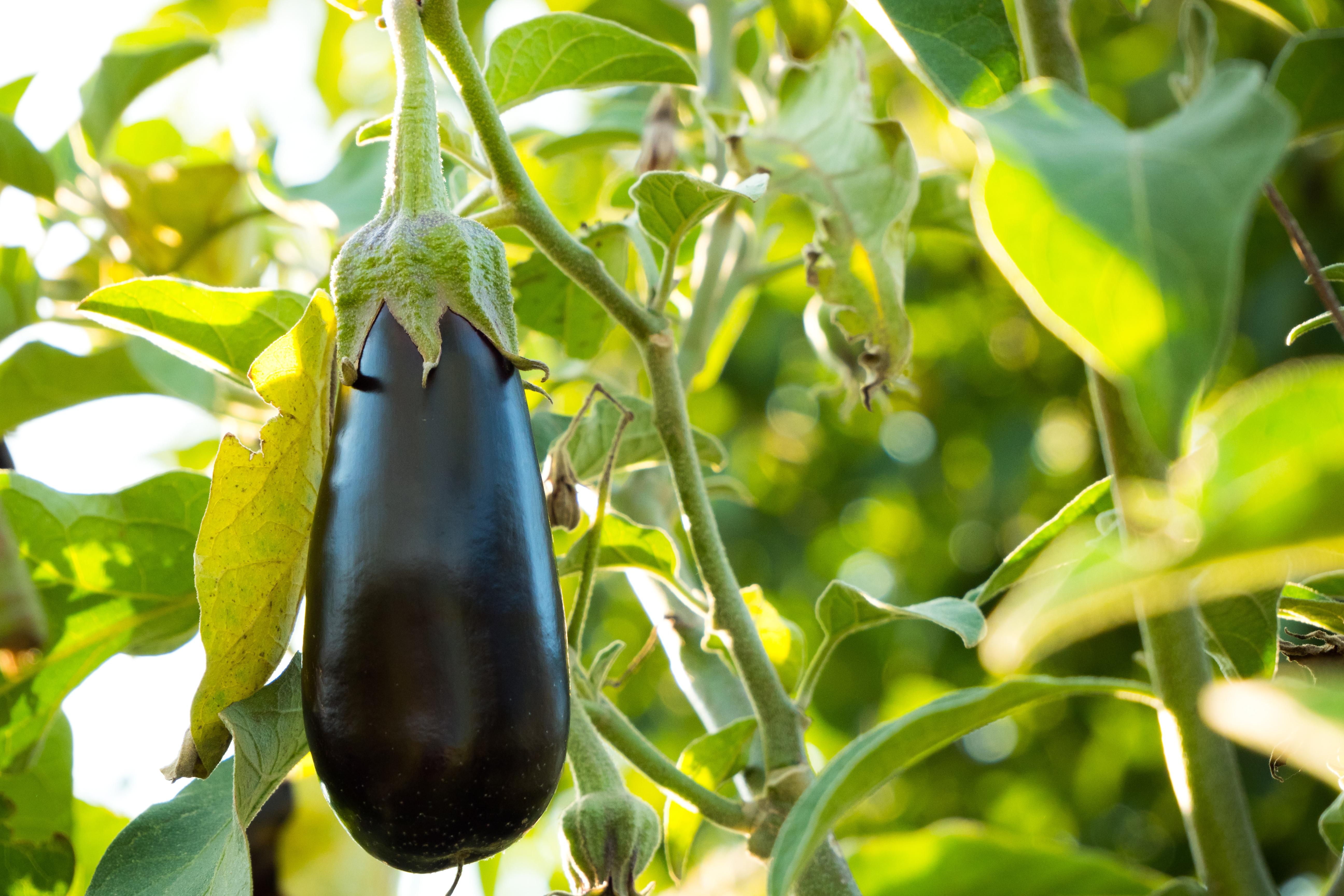
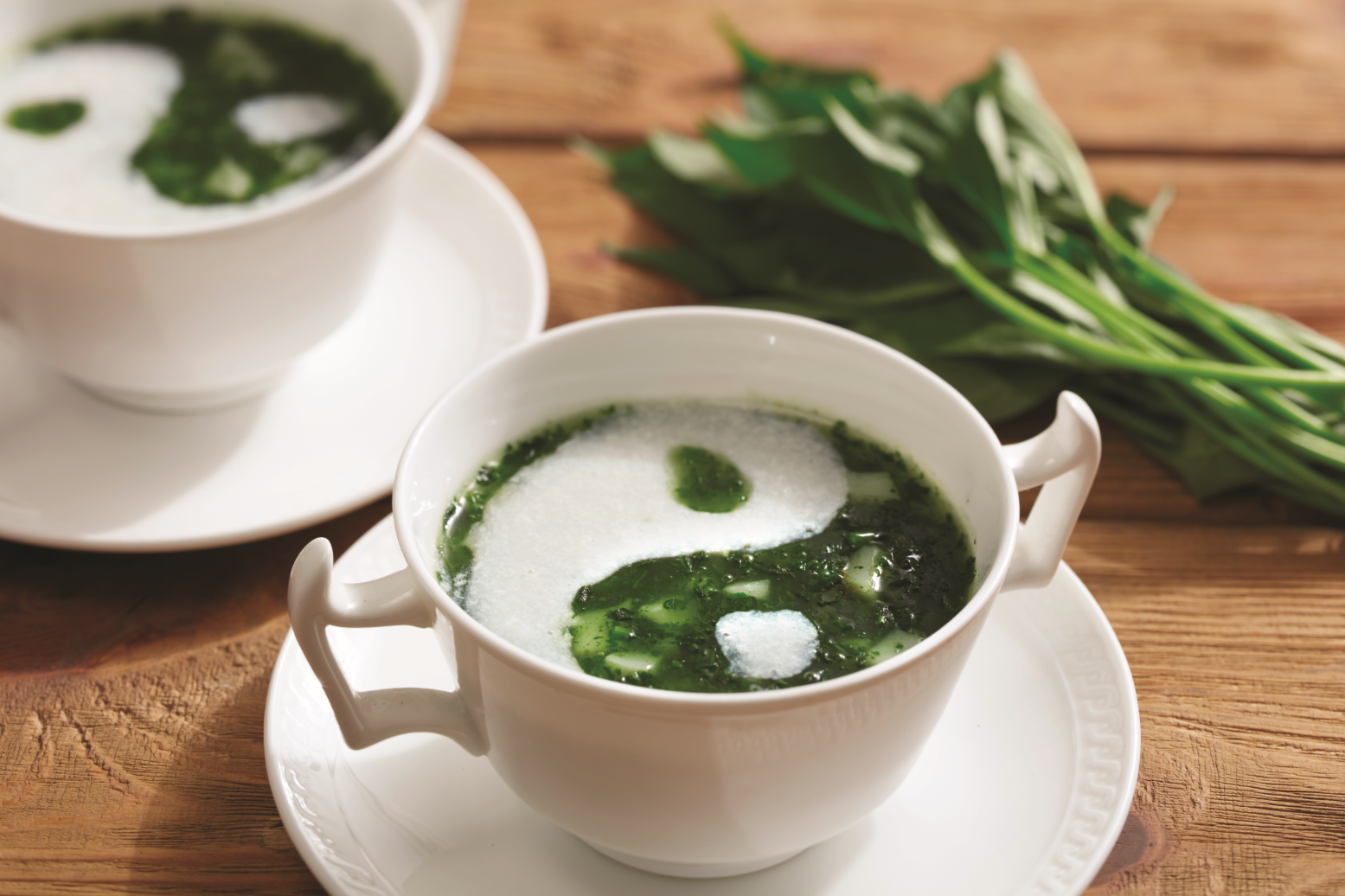
Maxim’s commitment to optimizing farming methods, the supply chain, and the taste of food bridges the gap between farm and table, inspiring people to put more thought into the food supply and food safety. “Soil-grown vegetables acquire a certain earthy taste, what we might call the veggies’ ‘personality’. Hydroponic vegetables can be grown all-year-round regardless of weather and climate, which guarantees a stable yield and a steady supply to meet people’s day-to-day needs. All participating organic farmers are certified by the Organic Resource Centre at Hong Kong Baptist University, providing consumers with an extra sense of assurance.”
Freshness isn’t a gimmick. It’s about taking care of the health of our customers and protecting the environment that we all share.


